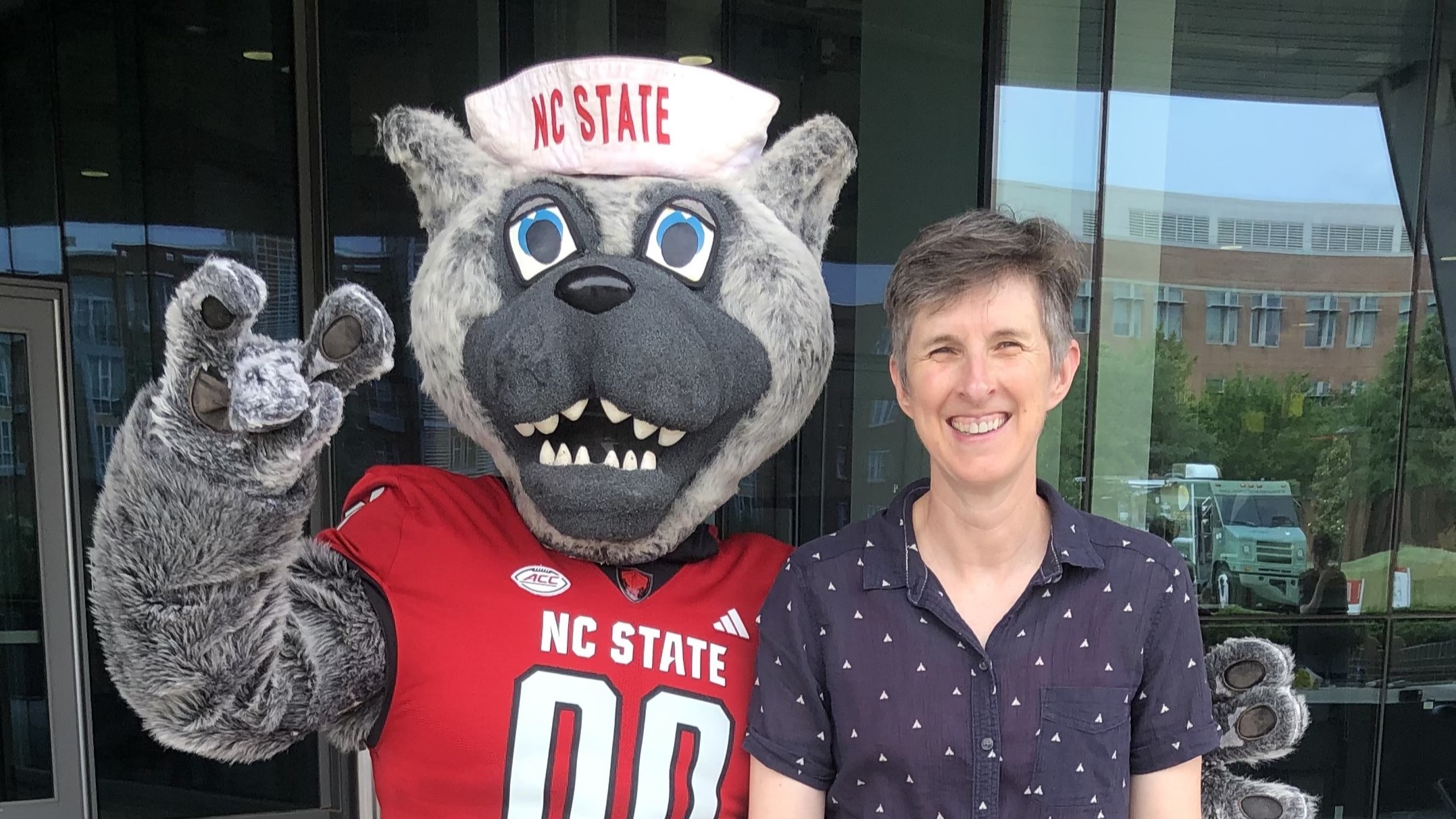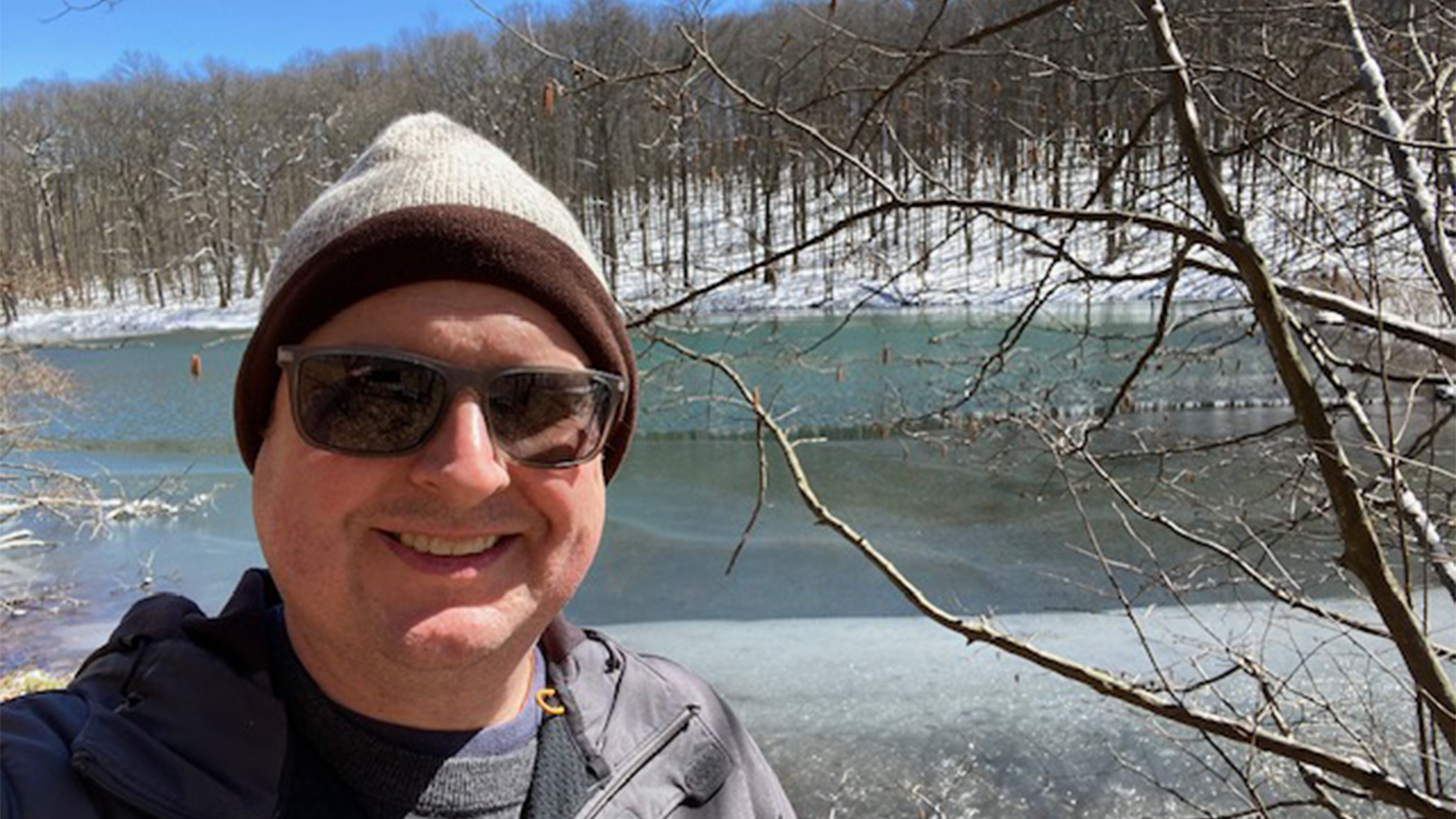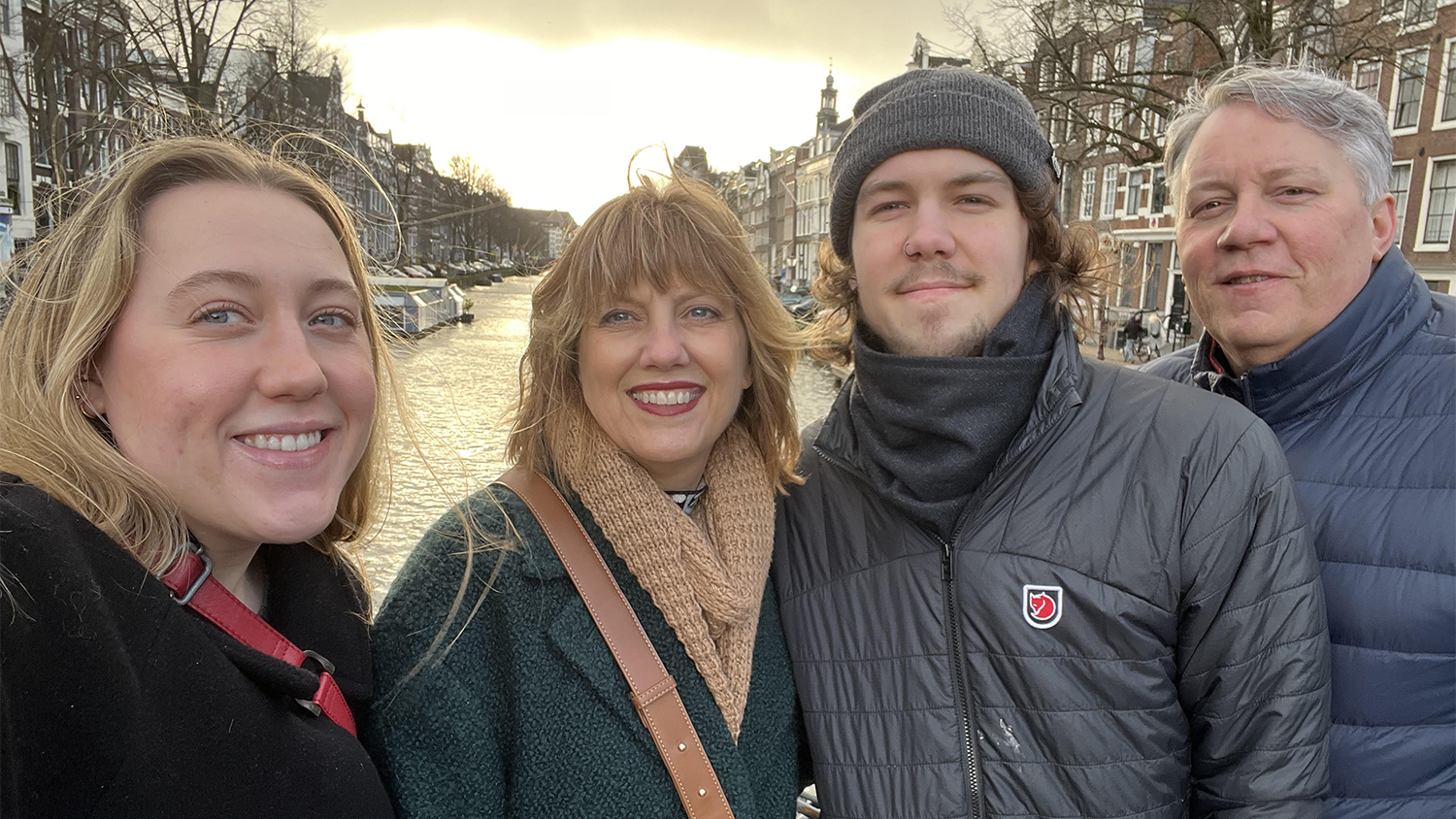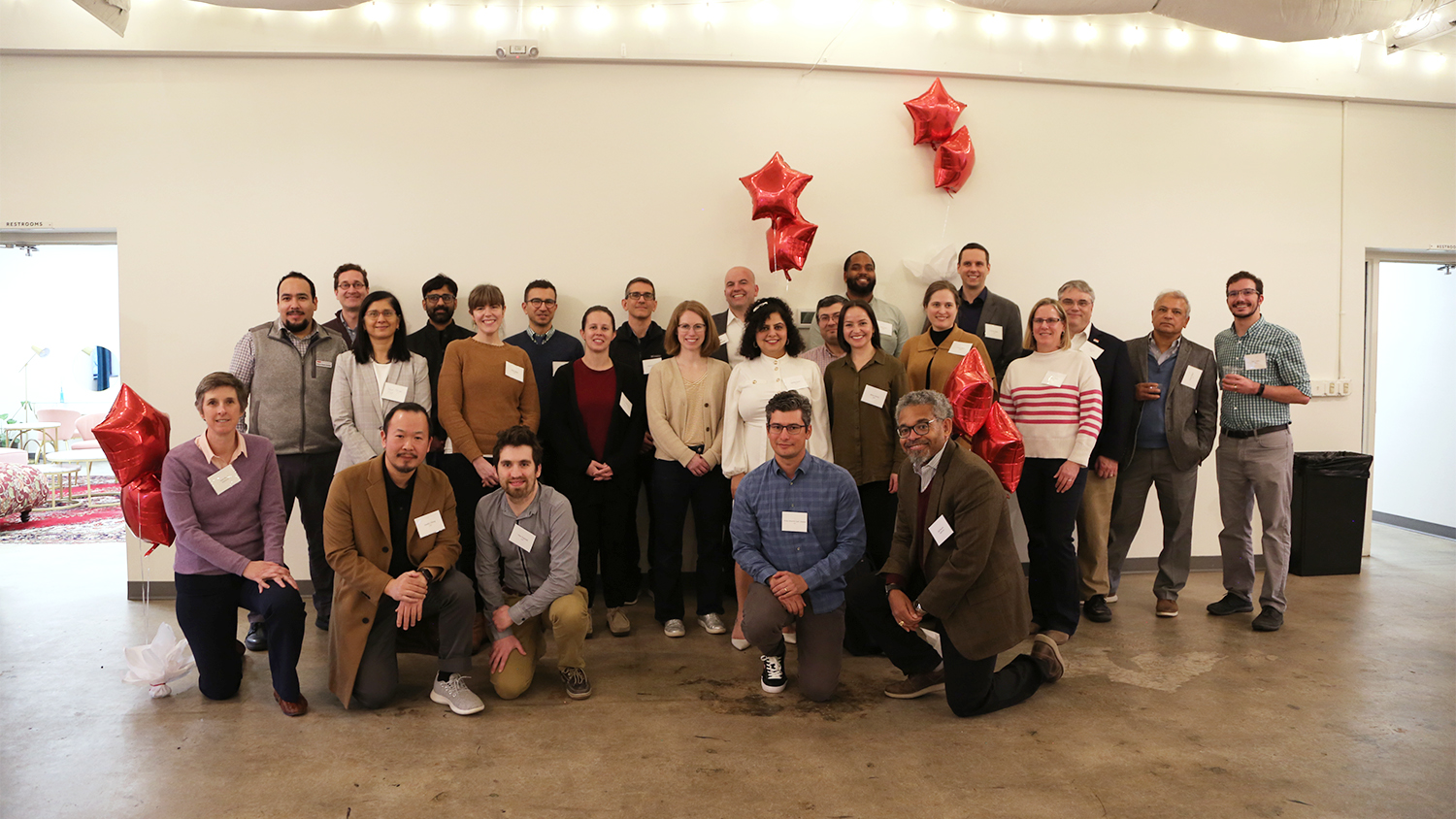Kara Peters, Ph.D., is the Associate Dean for Graduate Programs and Postdoctoral Affairs in the College of Engineering. She leads a team that supports the COE departments, graduate students, and postdoctoral researchers in the college through initiatives encompassing accreditation, identifying new strategic opportunities, international partnerships, graduate enrollment targets, admissions, recruitment funds allocation, and appeals resolution. Kara’s team empowers future career success through targeted professional development workshops for graduate students and postdoctoral researchers, such as the numerous new interactive workshops and podcasts they launched this year. Stay tuned for upcoming announcements!
Originally from the Washington, D.C. region, Kara earned her Ph.D. at the University of Michigan. Following a four-year postdoctoral research and lecturer position at the École Polytechnique Fédérale de Lausanne (EPFL), a research university in Lausanne, Switzerland, she joined our Department of Mechanical and Aerospace Engineering as an assistant professor. Kara has been part of the College of Engineering community ever since, apart from a 2.5-year role at the National Science Foundation as a Program Director.
Celebrating the achievements of the COE’s exceptional graduate students and postdoctoral researchers is the most fulfilling aspect of Kara’s role. The challenges, however, center on optimizing resource allocation to maximize value for students and researchers and empowering them to engage in productive mentorship discussions.
Key Mentoring Principles
Kara shared key mentoring principles, emphasizing individualized approaches and proactive communication.
1. Take an Individualized Approach
- Each student is different, so recognize other perspectives, skills, weaknesses, and motivations.
- Be patient and adaptable to find the most effective mentoring style for each student.
- Investing time yields significant rewards in student development.
2. Proactive Communication
- Early and frequent conversations are crucial.
- Address expectations, communication strategies, and relevant technical aspects.
- Anticipate that beginning students may not know what questions to ask. Initiate discussions and provide guidance proactively.
3. Continuous Improvement
- Mentoring is a skill that develops over time, so continue to learn and develop your skills.
- Embrace a growth mindset and actively seek to improve mentoring practices.
- Experiment with new approaches and refine existing strategies.
By implementing these principles, mentors can effectively guide and support students on their path to success.
Outside of work, Kara is kept busy by her two dogs: an older pit bull and a spirited boxer puppy. She also finds joy in trail running through the many parks in the Triangle area, while listening to entertaining podcasts like “The Rest is History,” hosted by historian and author Dominic Sandbrook, and popular historian Tom Holland.
OFDS is grateful for the time Kara Peters generously gave us by answering our questions and providing tips for mentoring.
- Categories:



